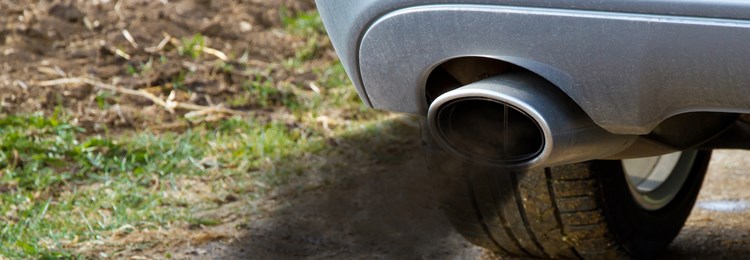
AGVES – IAAF bulletin report
Date: Monday 26 February 2024
The latest EU vehicle emission legislation – Euro 7 – was agreed in trilogue in mid-December 2023 (no legislative number has been given for this new Regulation yet).
The Regulation establishes rules for the exhaust gas emissions of road vehicles (cars, vans and trucks), but also for other types of emissions such as tyre abrasion and brake particle emissions. It also sets limits for EV battery durability.
There are different dates of application after the Regulation enters into force:
- 30 months for new types of cars and vans, and 42 months for new vehicles
- 48 months for new types of buses, trucks and trailers, and 60 months for new vehicles
- 30 months for new systems, components, or separate technical units to be fitted in cars and vans, and 48 months for those to be fitted in buses, trucks, and trailers.
The European Commission (EC) are now working to finalise the technical details via an Implementing Act through a dedicated group – AGVES (Advisory Group on Vehicle Emission Standards). Due to the implementation dates, ‘time is of the essence’.
However, the Euro 7 requirements include ‘on-board monitoring’ (OBM), which together with other new requirements (especially brake and tyre particulate emissions), have the potential to create serious threats to the Aftermarket. In the previous meeting held on 25th October 2023, a short presentation to highlight these threats was made by FIGIEFA (counter signed by other Aftermarket Associations). Until this point, it had been envisaged that when repairs were necessary to ensure continued emission compliance, that only OEM parts would be used.
From the perspective of the Aftermarket there are several key concerns:
- Access to the OBM data to know when a vehicle will need a repair. This is especially important as the legislation requires a vehicle manufacturer to provide an ‘immediate repair’ to avoid high exhaust emissions. Independent Operators need equal abilities to access the data and offer a competing repair quotation (i.e. over the air communication to and from the vehicle).
- The ability to manufacturer replacement parts (that are monitored by the OBM system) which can be integrated into the vehicle to ensure that they are not deemed to be ‘tampering’ with the vehicle’s OBM system. This is likely to be an extension of the existing legislation that applies to emission OBD parts.
- A process to obtain the necessary technical information from the vehicle manufacturer to allow the design, manufacture and functional integration into the vehicle/OBM system for independent parts manufacturers.
- A process to test and approve replacement brake system components for particle emissions. (which will also be required by tyre manufacturers)
The final presentation of the meeting was made by the European Aftermarket associations (FIGIEFA, ADPA, CECRA, EGEA, AIRC and the FIA).
This explained the possible contradictions to existing legislation (i.e. Euro 7 could support a monopoly), as well as the ‘cascade’ in the Euro 7 legislation, especially the OBM data/reporting, which will require equal abilities for the independent operators to be able access the OBM data in the vehicle remotely when an emissions non-compliance was flagged.
The ability to offer a repair offer (i.e. OTA abilities) is a key competition requirement, but this cascades into the ability to access the technical information/ISO 21434 requirements to enable the manufacturing of compatible replacement parts.
Having access only through the OBD port when a vehicle is in the workshop is simply too late, especially as the Regulation states that the VM must act ‘immediately’ to ensure a vehicle is repaired. Finally, the impact of the UNECE R155 Cybersecurity needs to be addressed, both for access to the vehicle/data, but also to address the issue of ‘tampering’ that is seen as anything other than OEM parts.
The Aftermarket therefore requested that they be involved in the two AGVES working groups concerning OBM and tampering.
